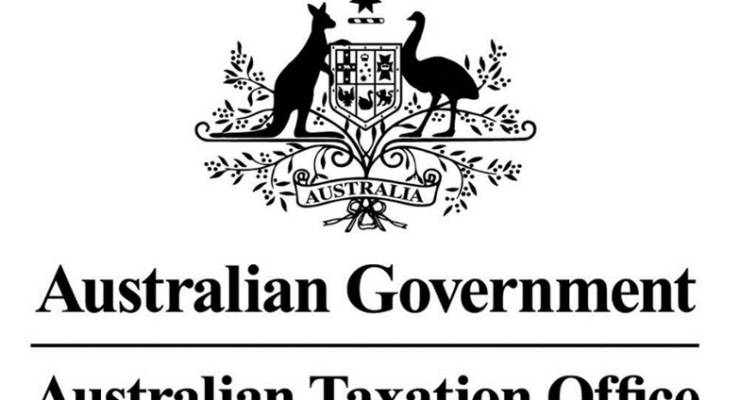
The Australian Taxation Office’s bizarre claim that it couldn’t process freedom of information requests because of workplace health and safety concerns has been rejected by the Information Commissioner.
In mid-2016, the ATO announced to the transparency website Right to Know — a service that allows people to file FOI requests to Australian government agencies publicly — that it would no longer process FOI requests from the website.
This was, they claimed, because of a series of incidents over the previous few months where the ATO had to request the removal of documents or ATO staff names from requests (Right to Know complied with all but one of these). The ATO has been telling people to file their FOI requests directly with the agency rather than using the website.
The ATO’s general counsel Jonathan Todd informed the Office of the Australian Information Commissioner (OAIC) in July last year that the agency had decided to ignore all requests from Right to Know on “workplace health and safety” grounds, alleging that there was one matter on the Right to Know site that had caused “harm to the health and welfare of ATO officers in the form of stress, anxiety and public damage to professional reputation”.
One of the administrators of Right to Know, Ben Fairless, sought to overturn this ban by seeking a ruling from the OAIC on one of his own requests, and last week the Information Commissioner Timothy Pilgrim found that the ATO’s excuse was not good enough. He said that requests made via the Right to Know website were valid requests under the Freedom of Information Act and recommended that the requests now be processed.
Fairless welcomed the ruling in a blog post on the OpenAustralia Foundation website, stating that Australia is fortunate to have the OAIC — otherwise Fairless would have to take such an appeal to the Administrative Appeals Tribunal, which would have cost him hundreds of dollars on the application alone, let alone the legal costs incurred fighting the case. He did, however, express concern at the time it took for the OAIC to resolve the case — something facing many people seeking reviews of FOI requests, largely due to the low funding the agency gets.
In last year’s budget, the government abandoned its plans to shut down the OAIC, throwing it a funding lifeline to the tune of $34.1 million over four years.
The next hurdle will be ensuring that the ATO actually does what the OAIC has recommended, and processes the FOI request. The OAIC’s powers are relatively weak in being able to force the ATO to comply with the request. Pilgrim said in his letter that if he is not satisfied by the ATO’s response, then he can issue an “implementation notice” to implement his recommendation, but if the ATO then ignores that implementation notice, the OAIC’s next course of action is to write a report to the minister responsible for the ATO, and a copy of that report would be required to be tabled in Parliament.
There is no sign that the ATO intends to comply with the order at this stage. A spokesperson for the agency told Crikey in a statement that it was “considering its position”:
“The ATO takes its obligations to comply with FOI and workplace health and safety legislation very seriously.”
The ATO said people could still file FOI requests directly to the ATO, and anonymous applications can still be made via email or via the paper form.








In reality (sic!), the ATO claim of OH&S concerns is identical to the Tudger’s claim that providing the basis for his legal advice would harm the public interest and harks back to the refusal to release Cabinet docs on the grounds that pollies & civil servants would fear to give ..err… frearless advice if there were any prospect of it becoming public.
Poor petals.
.. or even “‘fearless’ advice”.